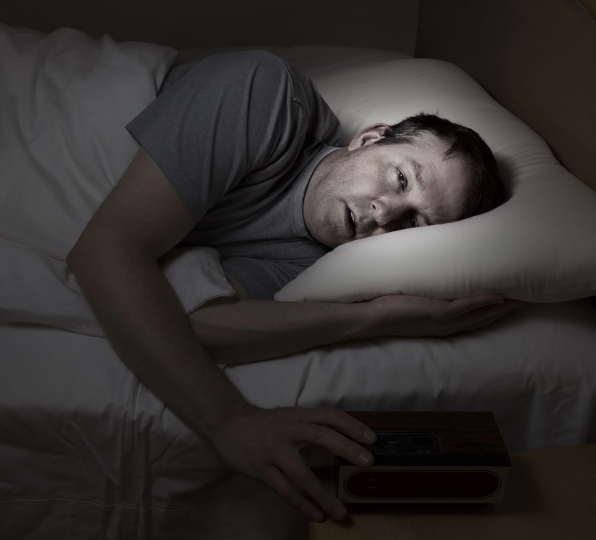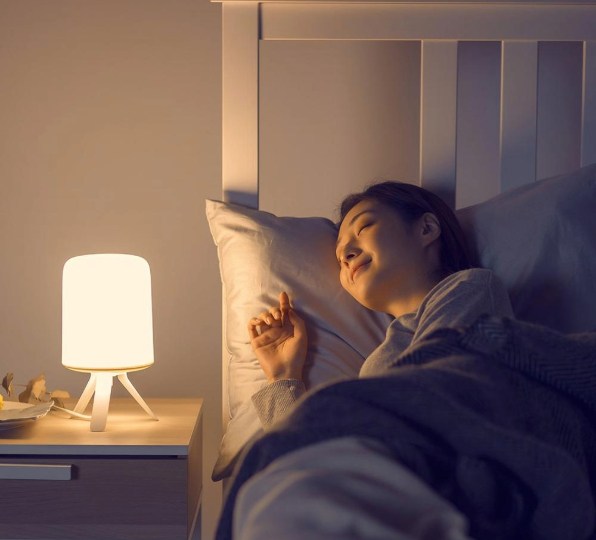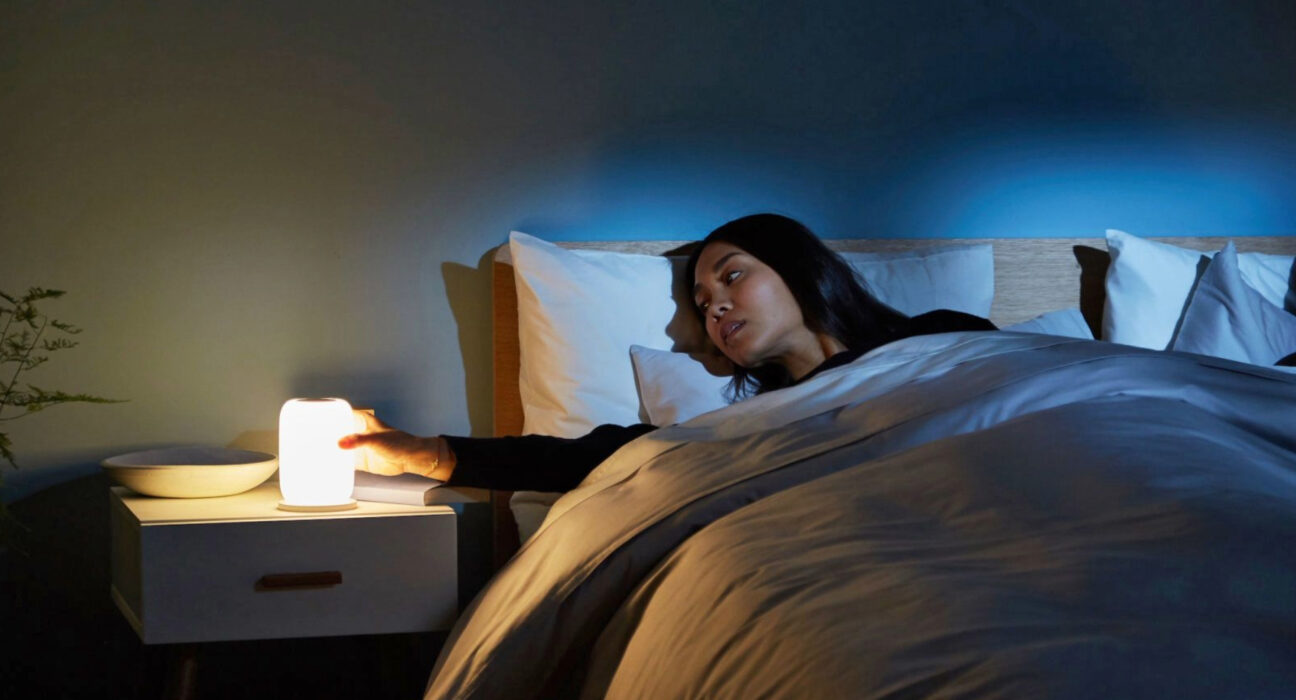Introduction:
Getting a good night’s sleep can be particularly difficult if you’re a light sleeper. Light sleepers are more likely to wake up quickly from noises, light, or other environmental disturbances during the night. This blog post will define light sleepers, discuss common traits of light sleepers, and offer helpful advice on enhancing sleep quality and controlling sensitivity to disturbances.
1. Characteristics of Light Sleepers
Characteristics of light sleepers encompass a range of tendencies and behaviors that distinguish them from individuals who have a deeper or more restful sleep experience. Light sleepers are often quick to wake, meaning they are easily roused from sleep by external stimuli. This sensitivity to disturbances can lead to fragmented sleep patterns, as they may experience frequent awakenings throughout the night. Consequently, light sleepers may find it challenging to achieve uninterrupted periods of rest, resulting in reduced overall sleep quality.
One of the defining traits of light sleepers is their heightened sensitivity to environmental factors. Even subtle changes in their sleep environment, such as noise, light, temperature fluctuations, or movement, can disrupt their sleep and trigger awakenings. For example, a light sleeper may be awakened by the sound of a passing car, a partner shifting in bed, or a faint light seeping through the curtains. These disruptions can make it difficult for light sleepers to maintain deep or restorative sleep stages, as their sleep is easily disturbed by external stimuli.
Furthermore, light sleepers often experience difficulty falling back asleep after waking up during the night. Once awakened, they may find themselves lying awake in bed, unable to quickly transition back into sleep. This prolonged period of wakefulness can exacerbate feelings of frustration or anxiety about their ability to get adequate rest, creating a cycle of sleep disruption and heightened arousal.
Light sleepers may also exhibit a preference for specific sleep conditions or rituals to optimize their sleep environment. They may be particular about factors such as mattress firmness, pillow support, room temperature, and ambient noise levels. Any deviation from their preferred sleep conditions can further disrupt their ability to achieve and maintain restful sleep.
While being a light sleeper can present challenges in achieving optimal sleep quality, there are strategies that individuals can employ to improve their sleep experience. These may include creating a consistent bedtime routine, implementing relaxation techniques before sleep, minimizing exposure to stimulating activities or electronics before bedtime, and optimizing the sleep environment for comfort and tranquility.
By understanding the characteristics of light sleepers and adopting targeted strategies to address their unique sleep needs, individuals can work towards achieving more restful and rejuvenating sleep experiences. Through a combination of lifestyle adjustments, environmental modifications, and sleep hygiene practices, light sleepers can enhance their ability to achieve deeper, more restorative sleep and wake up feeling refreshed and energized.
2. Tips for Better Sleep as a Light Sleeper
- Create a Relaxing Bedtime Routine: Establish a calming bedtime routine to signal to your body that it’s time to wind down and prepare for sleep. Activities such as reading, listening to soothing music, or practicing relaxation techniques can help promote relaxation and improve sleep quality.
- Optimize Your Sleep Environment: Create a dark, quiet, and comfortable sleep environment by using blackout curtains, white noise machines, earplugs, or a comfortable mattress and pillows to minimize disruptions and promote restful sleep.
- Practice Good Sleep Hygiene: Adopt healthy sleep habits such as maintaining a consistent sleep schedule, avoiding caffeine and electronics before bedtime, and creating a cool and comfortable sleep environment to optimize sleep quality.
- Manage Stress and Anxiety: Practice stress-reduction techniques such as deep breathing, meditation, or mindfulness to reduce stress and anxiety levels and promote relaxation before bedtime.
- Consider Professional Help: If you continue to experience sleep disturbances despite trying self-help strategies, consult with a healthcare provider or sleep specialist for further evaluation and treatment recommendations.


Conclusion:
Being a light sleeper can present challenges when it comes to getting restful sleep, but with the right strategies and lifestyle adjustments, it’s possible to improve sleep quality and minimize disturbances. By understanding the causes of sleep sensitivity and implementing practical tips for better sleep, light sleepers can create a sleep-friendly environment and develop healthy sleep habits that promote restorative rest and overall well-being.












